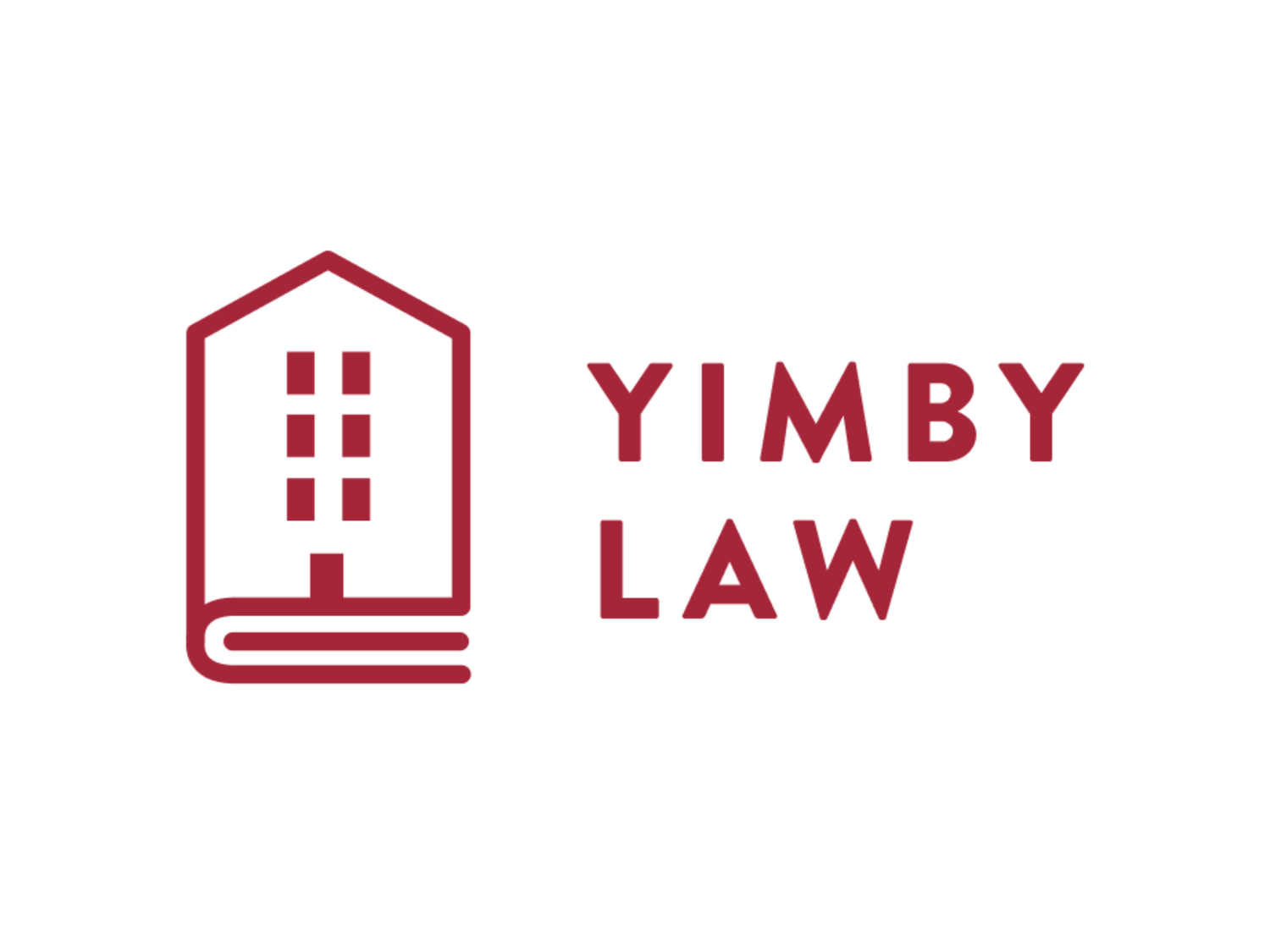Yes In My Back Yard Awarded $250,000 Grant from Robert Wood Johnson Foundation to Advance Health Equity Through Pro-Housing Policy Implementation
/“Housing policy is health policy,” said YIMBY ED Sonja Trauss.
PLAINSBORO, NEW JERSEY - Yes In My Back Yard (YIMBY) is proud to announce it has received a $250,000 grant from the Robert Wood Johnson Foundation (RWJF), a leading national philanthropy dedicated to taking bold leaps to transform health in our lifetime.
The grant is being awarded under RWJF’s Reimagining Land Use and Zoning for Health Equity call for proposals, which is funding 10 organizations to address the role that exclusionary land use and zoning policies play in driving health inequities. Through this program, RWJF is supporting YIMBY’s efforts to challenge the deeply entrenched systems that restrict access to affordable housing, especially in America’s healthiest and highest-resource areas.
YIMBY will focus on scaling the implementation of pro-housing laws (such as state-level zoning reform, streamlining mandates, and fair housing enforcement) in cities and neighborhoods that have historically deployed local land use controls to limit new housing and exclude lower- income people. These exclusionary communities consistently rank among the healthiest in the country, yet remain some of the most inaccessible due to restrictive zoning and high housing costs.
“This grant is a powerful recognition that housing policy is health policy,” said Sonja Trauss, Executive Director of YIMBY. “By ensuring pro-housing laws are implemented in healthy, high- resource areas that have blocked new housing, we can begin to undo decades of exclusion and ensure people from all backgrounds have access to America’s healthiest zipcodes.” RWJF’s Land Use and Zoning initiative acknowledges that restrictive zoning has long been a structural barrier to health equity by limiting access to safe, stable housing, well-resourced schools, parks, and economic opportunity.
With this support from RWJF, YIMBY will expand its model of implementing state housing law through monitoring, education, and enforcement. A growing body of research, including YIMBY’s own research, reveals that state housing law doesn’t turn into new homes without focused implementation efforts. This project will particularly focus on implementing housing law in jurisdictions that have the strongest life expectancies and health outcomes but have an entrenched history of blocking new housing.
*Support for this program is provided in part by the Robert Wood Johnson Foundation. The views expressed here do not necessarily reflect the views of the Foundation.

